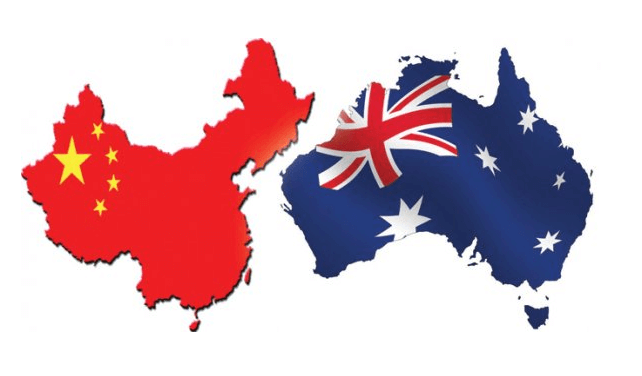
Australia’s anti-China hawks have been increasingly attacking people who support a closer relationship with China, labeling them as “China sympathizers” or “apologists.” There is a growing trend in Australia that does not tolerate rational voices toward China.
Given the tensions between China and the US, Aussie politicians have to toe the line with Washington, so as to allow their political careers to continue. Similarly, some mainstream media outlets in Australia have a broad Western background (and of course, an American background). Therefore it is very clear to whom those outlets speak for.
In such a context, relatively rational voices will draw criticism easily. Even Marise Payne, Australia’s foreign minister, who is not pro-China, has caused controversy within Australia due to her China-related remarks during this year’s Australia-US Ministerial Consultation. What she said was just a fact, “The relationship we have with China is very important.”
Trade is the foundation of Australia’s nationhood. If there is no international trade, Australia cannot survive. However, Canberra and Washington are not economically complementary. Therefore, Australia needs to maintain its economic vitality and growth through trade with emerging Asian markets. This is why Australia is one of the supporters of the Regional Comprehensive Economic Partnership.
Former Australian diplomat Gregory Clark believed that the responsibility for countering the increasingly prevalent anti-China stance within Australia does not lie with businesses, but the government, which should offer an “unbiased” way to understand China. But in the short term, it is hard to see the Aussie government coming up with something in this regard.
Canberra has a close relationship with Washington. Hence, when China-US ties are stable, China-Australia ties follow suit. As the US continues to find fault with China currently, the Australian government will of course emulate it.





